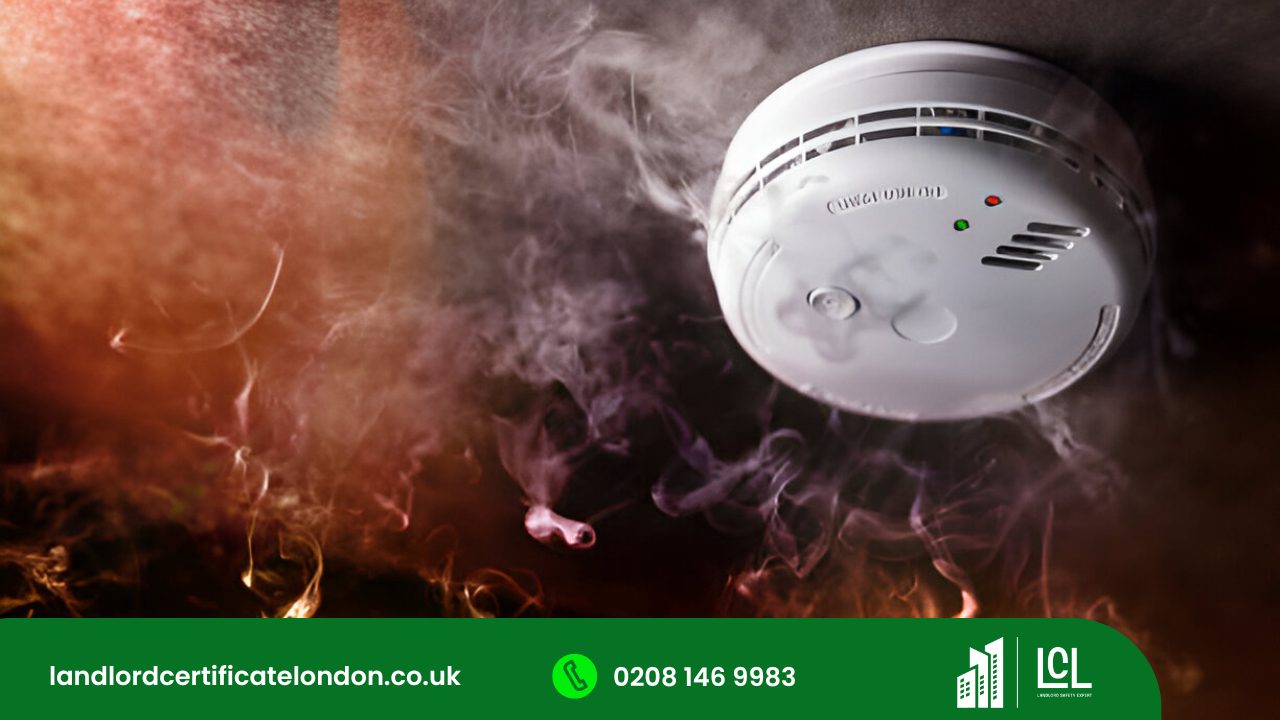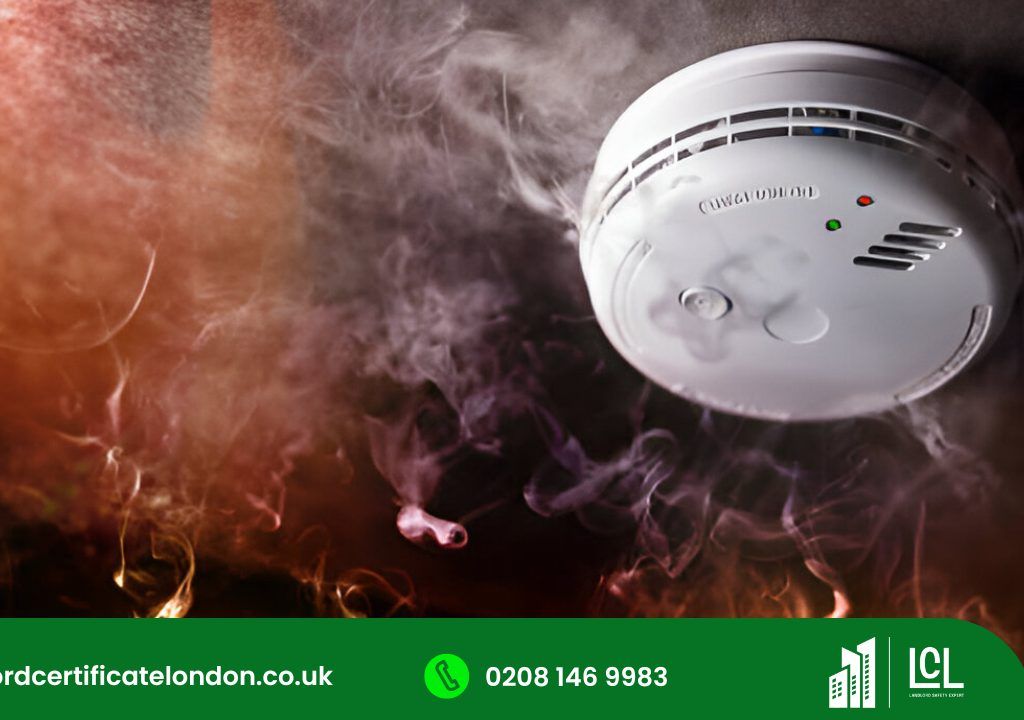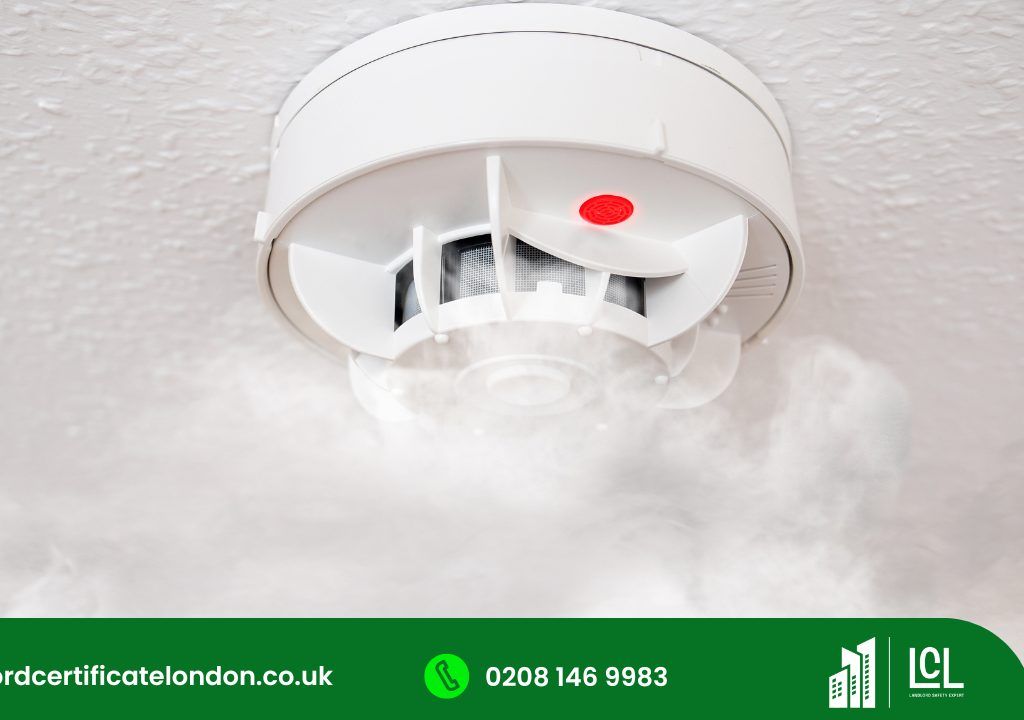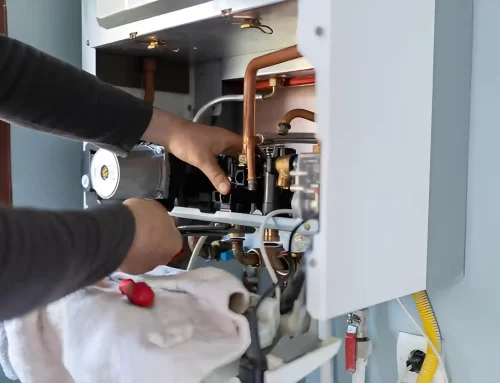
Installing a fire alarm system is not just about meeting safety regulations—it’s a proactive measure to protect lives and property. By implementing these systems, both businesses and homeowners improve their ability to detect and respond to fires swiftly, minimizing potential damage.
Beyond immediate safety benefits, investing in fire alarm technology can also impact long-term insurance costs and regulatory compliance. But how can one choose the right system that balances safety needs with budget considerations, Explore key factors in making an informed decision. Let’s understand Why Install Fire Alarm System?
Understanding Fire Alarm Importance
Why are fire alarms considered crucial in safeguarding both life and property? Fire alarms play an indispensable role in fire safety by enabling early detection, which is critical in minimizing the impact of fires. Their primary function is to promptly alert occupants and emergency services at the first signs of smoke or fire, facilitating timely and effective evacuation and response. This capability not only helps in protecting lives but also significantly reduces the potential for extensive property damage.

The design and implementation of fire alarm systems involve sophisticated technology that detects various indicators of fire, such as heat and smoke. These systems are integrated with audible and visual alarms that activate to warn all occupants within a building, regardless of their location.
Early detection is vital as it provides the critical lead time needed for safe evacuation and immediate firefighting actions, thus curtailing the fire’s spread and intensity.
Moreover, the presence of a well-maintained fire alarm system is a key component of compliance with national and local fire safety codes. These regulations mandate the installation of fire alarms to uphold safety standards, underscoring their fundamental role in fire safety strategies within any building infrastructure.
Key Benefits of Fire Alarms
Fire alarms’ primary advantage lies in their ability to provide early warnings, which are crucial for ensuring the safety of building occupants and minimizing property damage in the event of a fire.
These systems are a critical component of fire safety technology, designed to detect smoke and heat at the initial stages, allowing for timely evacuation and emergency response strategies to be enacted.
The sophisticated sensors integrated into modern fire alarms can differentiate between various types of fires, making them a key asset in both preventing extensive damage and saving lives.
By alerting occupants and emergency services promptly, these systems facilitate swift action, thereby reducing the severity and spread of fire. This rapid response capability is essential not only for the safety of individuals but also for safeguarding assets and operational continuity in commercial settings.
Moreover, a fully functional fire alarm system contributes to a building’s compliance with national and local safety codes, potentially reducing insurance premiums due to lowered risk evaluations.
The implementation of these systems thus represents a proactive approach to risk management, emphasizing the importance of advanced planning and investment in reliable fire safety measures.
Choosing the Right System
Selecting the appropriate fire alarm system requires careful consideration of your building’s specific needs and characteristics. The decision should be driven by the size, complexity, and functionality of the premises, as well as the potential risks associated with its occupancy and operations. System customization is crucial to ensure that the chosen solution addresses these unique factors effectively.
Advancements in fire alarm technology have led to a variety of systems, including conventional, addressable, wireless, intelligent, and hybrid systems. Conventional systems may suffice for smaller, less complex buildings. However, larger or more complex facilities might benefit from addressable or intelligent systems, which offer more precise monitoring and control capabilities. These systems can pinpoint the exact location of a fire, significantly enhancing the effectiveness of emergency response.
Wireless systems provide flexibility and ease of installation, reducing the need for extensive wiring and thereby decreasing installation costs. For buildings with specific integration needs, hybrid systems can be engineered to combine the advantages of both conventional and advanced technologies, offering a tailored solution that maximizes both safety and cost-efficiency.
Installation and Maintenance Insights
The installation process begins with a meticulous area inspection to determine the optimal placement of sensors and alarms, which is critical to avoid dead zones where detection might fail. Technicians must also navigate building structures that can obstruct or interfere with system components, ensuring that each element functions cohesively within the integrated network.

Understanding the nuances of professional installation and maintenance of fire alarm systems is crucial for ensuring their effectiveness and reliability. The complexity of fire alarm technology demands skilled technicians who are well-versed in the various systems available, including addressable, conventional, and wireless configurations. Each type presents unique installation challenges; for instance, addressable systems require precise programming to pinpoint fire locations accurately, while wireless systems must overcome signal interference issues.
020 4518 8198
Post-installation, rigorous testing is conducted to calibrate the system accurately, reducing the risk of false alarms, which can be both disruptive and costly.
Maintenance is equally important; regular inspections and testing ensure the system’s ongoing reliability. This involves scheduled checks by certified professionals who assess and rectify any anomalies or inefficiencies in the system.
Maintaining up-to-date documentation of these inspections is vital for compliance with safety standards and helps streamline any necessary audits or upgrades.
Compliance and Safety Regulations
While meticulous installation and regular maintenance of fire alarm systems are foundational to ensuring their effectiveness, adherence to compliance and safety regulations guarantees that these systems meet established legal and safety standards. Fire code compliance is not merely a bureaucratic checkbox but a significant measure to enhance safety and reduce risks in any building environment.
Fire alarm systems must comply with national, state, and local fire codes and safety standards, which are meticulously designed to safeguard life and property. These regulations ensure that the systems are capable of performing reliably in the event of a fire, providing timely alerts to occupants and emergency services.
Here is an overview of key compliance areas for fire alarm systems:
| Compliance Area | Description | Importance |
|---|---|---|
| Installation Standards | Conforms to NFPA 72 | Ensures optimal functionality and reliability |
| Regular Inspections | Mandated by local fire code | Maintains system integrity and performance |
| Documentation | Detailed records of installation and maintenance | Facilitates audits and compliance checks |
| System Upgrades | Compliance with the latest safety standards | Enhances system effectiveness and safety |
| Training and Awareness | Proper use and maintenance knowledge | Reduces human error and increases responsiveness |
Adhering to these standards is essential for ensuring the effectiveness of fire alarm systems in preventing and responding to fires, ultimately protecting lives and assets.
Enhancing Customer Experience
Customer satisfaction remains a pivotal element in the successful deployment of fire alarm systems, as it directly influences both safety outcomes and business reputation. A robust approach to enhancing customer experience is integral, focusing on gathering and implementing customer feedback for continuous service improvements. This iterative process not only refines the system’s efficacy but also ensures that the solutions provided align seamlessly with the specific needs and expectations of each client.
Incorporating customer feedback is not merely about addressing deficiencies; it’s an opportunity to engage with clients, understand their concerns, and adapt the offerings to better meet their requirements. This feedback loop can lead to significant enhancements in both product design and service delivery. For instance, understanding the nuances of different environments helps in customizing fire detection systems that are more accurate and less prone to false alarms, thereby increasing reliability and trust.
Service improvements are also driven by systematic reviews of customer interactions and maintenance calls. Analyzing these touchpoints for any recurring issues or patterns helps in streamlining processes and improving response times.
Ultimately, the goal is to foster a relationship based on trust and reliability, ensuring that every installation not only meets but exceeds customer expectations, thereby reinforcing the safety and integrity of the premises protected by the fire alarm systems.
Immediate Call to Action
In light of the pivotal role that customer feedback plays in enhancing fire alarm systems, immediate action must be taken to safeguard both lives and property. The integration of advanced fire alarm technology not only facilitates early detection of potential hazards but also optimizes the emergency response protocols, thereby significantly reducing the risk of fatalities and property damage.

When considering the installation of a fire alarm system, it is crucial to select a solution that incorporates the latest in fire detection technology. Addressable systems, for instance, provide precise location data, enabling quicker response times and targeted interventions by emergency services.
Moreover, the integration of intelligent systems can further enhance diagnostic capabilities, reducing the incidence of false alarms and ensuring that emergency responses are swift and effective.
Immediate implementation of these technologies is not merely a property investment; it is a proactive measure to protect human life. The urgency of this action cannot be overstated, as the statistics starkly highlight the consequences of delayed responses in fire emergencies.
Engaging with a reputable provider to assess, install, and maintain sophisticated fire alarm systems is a critical step towards achieving optimal safety outcomes for all premises.
Conclusion
In conclusion, the installation of a fire alarm system is a critical measure for safeguarding both lives and property. These systems not only facilitate early detection and response to fire incidents but also ensure compliance with safety regulations, potentially lowering insurance costs. Regular maintenance and adherence to installation guidelines are imperative for system efficacy. Ultimately, integrating a robust fire alarm system is a prudent decision that enhances safety and operational continuity in any building environment.
About the Author: LandlordCertificate
Related Posts
Get Social
Recent Posts
- Professional Fire Alarm Installation London: What You Need to Know Before Booking
- How to Obtain a Fire Risk Assessment Certificate for Your Buildings
- EICR Safety Inspection: The Ultimate Checklist for Electrical Compliance
- Fast Fuse Box Installation London New Installations & Replacements
- Why Every London Landlord Needs an Asbestos Survey London and How to Get One Fast













